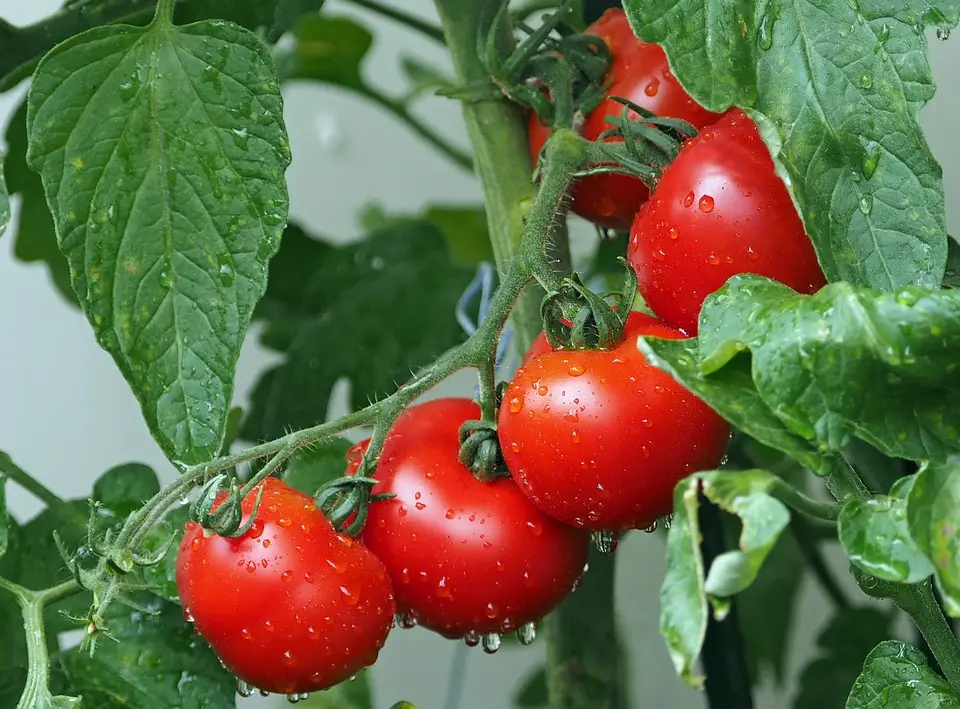
As Poslovni Dnevnik/Lucija Spiljak writes on the 8th of December, 2020, following the coronavirus pandemic that hit the global charter industry hard, Tino Prosenik, the owner of the Yachtmaster Group, founded the Gruntek “gardens of the future” initiative and he wants to provide his own garden to anyone, primarily Zagreb citizens who have no knowledge, time or resources to erect and/or maintain their own gardens.
Gruntek is the first Croatian app that allows you to download a garden near Cazma, where users can grow their seasonal vegetables, from onions, carrots, tomatoes, zucchini, beets to kale, sweet potatoes, parsley, peas, lettuce and chard. In just ten days since the opening of the first 1000 gardens on Gruntek, more than 700 citizens have reserved their pieces of land, and today that number is higher than the number of available gardens.
“The conversion in the sale of gardens is, unfortunately, somewhat slower, which is why the goal is to turn all reservations into transactions by the end of the year. After that, we made a decision on the number of additional gardens that will go on sale in 2021. There are currently 1000 gardens on sale. The gardens are 40 square metres, regardless of the choice of culture, and they can yield 100-200 kilograms of vegetables during the season,” explained the Gruntek project manager, Mirta Alfirev.
Online activity tracking
All information and news about activities regarding Gruntek are sent to the garden owners via a newsletter, and until the updates in the application are completed, interesting things will be published on social media and on their YouTube channel.
“Digitalisation for the purpose of popularisation and adding value to agriculture, as seen in the example of Gruntek, can contribute to profitability disproportionately more than the implementation of the latest technologies in the production process. New technologies in production raise profitability by a certain percentage, but when a virtual and social component is added to an agricultural product, it doesn’t move into a new category and is no longer limited by its previous price. The possibilities are limited only by the imagination of the person who created this new product,” believes Prosenik.
Gruntek’s production team is led by Vjekoslav Budanec, the founder of a group of agricultural cooperatives calle Plodovi Moslavine (Fruits of Moslavina). They primarily use the resources of the cooperatives, especially when it comes to mechanisation, and at least nine people have entered the permanent employment process.
The basic team has now been fully formed, but in the harvest season, Alfirev adds, there will be a need for more workers as well. All production processes are dealt with by Croatian cooperatives, so the organisation of seasonal workers will be supervised by Budanec when the time comes. Gruntek states that important trends based on science and progressive thinking are what are the most sigificant today.
Ecological revolution
“The trend of organic food production is a reaction to the global existential crisis – environmental pollution and damage to the health of entire populations. Although not something new, this trend is still in its infancy and is expected to accelerate exponentially. By the end of the decade, we’ll be able to see global activities that are actually unthinkable today. Today, we’re seeing the trend of organic production and one day – there’ll be nothing else but that.
The percentage of people who regularly purchase organic food today is rather minimal; the difference in price is significant, and the whole background of the story is still not being placed in the foreground. We’re aware that the share of these customers is growing, but we’re yet to face an ecological revolution; when every customer, soon the legislator, starts to demand a controlled origin and a guarantee that these foods won’t be harmful to people or the environment,” Alfirev and Prosenik emphasised.
”First on the list are speed and availability; everything, even food, must be immediately and constantly available, wherever and whenever a desire or need arises. Strawberries in the middle of winter, at the tram station, at a low price – that should be nothing strange. Everything has to be cheaper than it was yesterday.
Health is being placed in the foreground more and more often; there are more and more modern diseases, chronic metabolic disorders, allergies… We’re increasingly realising that this is a consequence of the ”modern” diet. Speed and availability usually cost more, cheaper meals often can’t be healthy, and healthy meals usually cost more and take longer to make… Compared to ten years ago, today, all of these three trends are on the rise and it is impossible to reconcile them. One will have to prevail over the others and then we can expect a kind of revolution,” they point out from Gruntek.
In the long run, they expect Gruntek to be the first in a series of projects that take place not only within their own company but outside of it as well. “This vision of semi-virtual production can be developed and upgraded in ways that we don’t currently understand. We expect that Gruntek itself, but also those who follow its example, will evolve and transform into a new force of positive change in the consciousness of people.
Our capacities are far larger than the 1000 gardens we currently have and if we’re satisfied with the progress in the spring, we can expand that number to 2500 gardens, and for the 2022 season, we believe that we will need up to 5000 units to meet the needs of the people of Zagreb,” conclude Mirta Alfirev and Tino Prosenik of Gruntek.
For the latest travel info, bookmark our main travel info article, which is updated daily.
Read the Croatian Travel Update in your language – now available in 24 languages
Join the Total Croatia Travel INFO Viber community.









